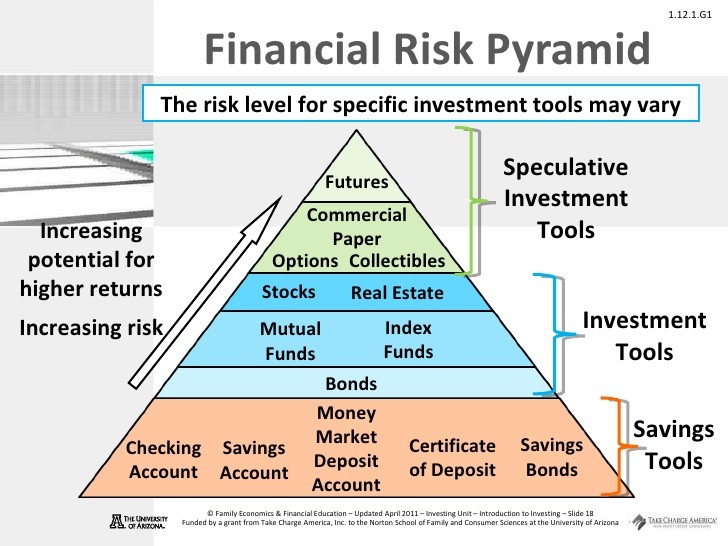Why Real Estate Returns Are Higher than Stocks Bonds and Mutual Funds
Post on: 1 Июль, 2015 No Comment

Investing in rental property is like eating a hot fudge sundae. Buying stocks, bonds and mutual funds is like eating hot fudge with the occasional spoonful of ice cream.
With real estate rentals, your returns include:
3. Tax Free Refinancing A Third Scoop
4. Appreciation Hot Fudge on Top
6. Depreciation -The Cherry on Top
With typical stocks, bonds or mutual funds, your returns include:
1. Appreciation (Capital Gains) Hot Fudge
2. Cash Flow from Quarterly Dividend A Quarterly Scoop of the Ice Cream
Investing is all about getting your money to make you money. But the money can come in many forms. With real estate the money comes from cash flow, buying money, appreciation. tax free refinancing. write offs and depreciation. For typical securities, your money comes in from capital gains and dividend cash flow. So when you read an article that touts historical high returns for stocks over real estate, you need to make sure the real estate returns include all the parts of the “hot fudge sundae.”
Marlys Harris, the Money Magazine senior editor, wrote :
“Housing delivered a solid but unimpressive annualized return of 8.6%. Commercial property did better at 9.5%. The S&P, however, delivered a crushing 13.4%.”
Selena Maranjian of the Motley Fool penned :
The long-term average annual growth rate for real estate is around 5%. Per data from Ibbotson, the stock market (as measured by the S&P 500) has averaged 9.7% annually between 1926 and August 2010, while long-term government bonds averaged just 5.6%.
What part of the hot fudge sundae are Harris and Maranjian talking about with their “8.6%” and “5%” returns? Though they don’t specifically state what they were measuring, I’d guess they are comparing the real estate hot fudge (appreciation) to the stocks hot fudge (appreciation/capital gains) and stocks quarterly scoop of ice cream (dividends). I’m assuming Harris and Maranjian’s figures left out the most important aspect of rental returns – the cash flow, as well as the rest of the hot fudge sundae. When you really want to calculate your real estate returns, you need to factor in all the ways the money comes in.
So, what about the rest of the real estate sundae?
Cash Flow from Monthly Rental Income
A Huge Scoop of Your Favorite Ice Cream
I love to focus on the cash flow. If I were a stock or mutual funds investor, I’d buy dividend funds for the cash flow. But I prefer to make my own dividends, my own cash flow, from monthly rental income. I believe the analysts’ figures skip over the returns from rental income, but I bet they have included stock dividend income in their numbers. If you buy rentals right, you should produce rental income at a “crushing 13.4%” or better or at least “9.7% annually.” And that’s with the rental income alone.
Buying Money
A Second Scoop
If I buy one share of a stock, I get only one share. If I buy a rental unit, I want to buy one and half shares for the cost of one share. Or better yet, I can buy two shares or more for the cost of one share. I like to buy money, to buy equity.
I refinanced a property this month. Here are the numbers:
Initial price: 23K
Rehab cost: 19K
Total cost: 42K
Rent: 798/month
ARV and Appraised Value after 6 months of Seasoning: 79K
79K minus 42K = 37K
So you could say I essentially “bought” 37K in equity. Now 37K of the initial 42K investment is an 88% gain that took only a six month’s seasoning. I’ll take the 88% gain in 6 months any day.
The thing is I can fairly accurately predict what my new ARV will be before I buy a property. Give me a genie or a magic 8 ball to predict which stock is going to let you “buy money” in six months.
Tax Free Refinancing
Let’s say you want to pull out some money from your stocks. Well, that would be a taxable event. If I refi and pull out my equity, I’m not taxed. Can anyone say “halleluiah?”
Appreciation
Write Offs
Extra Peanuts
Your write offs from stock investments are extremely limited. I believe you can write off your annual fees and possibly more. With real estate, you can write off much more of your spending that relates to your properties.
Depreciation
The Cherry on Top
Depreciation is a gift from the government. If I were musical, I’d write a song about depreciation. Make sure your tax accountant knows all about depreciation and contents depreciation. Can you depreciate your stocks, bonds and mutual funds?
With stocks, most analysts are looking at returns based on price and dividends together to give the “crushing 13.4%” or the “9.7% annually.” But with real estate, your return is based on a lot more. Imagine that the “8.6%” and “5%” mentioned in the quotes above are only the appreciation returns. Now add buying equity, tax free refinancing, write offs and depreciation gains. And the best part of all – add in the cash flow from monthly rental income. With real estate rentals, investors get to eat the entire hot fudge sundae.
Free eBook from BiggerPockets!
Get The Ultimate Beginnner’s Guide to Real Estate Investing for FREE — read by more than 100,000 people — AND get exclusive real estate investing tips, tricks, and techniques delievered straight to your inbox twice weekly!
- Actionable Advice for Getting Started,
- Discover the 10 Most Lucrative Real Estate Niches,
- Learn how to get started with or without money,
- Explore Real-Life Strategies for Building Wealth,
- And a LOT more
Sign up below to download the eBook for FREE today!














